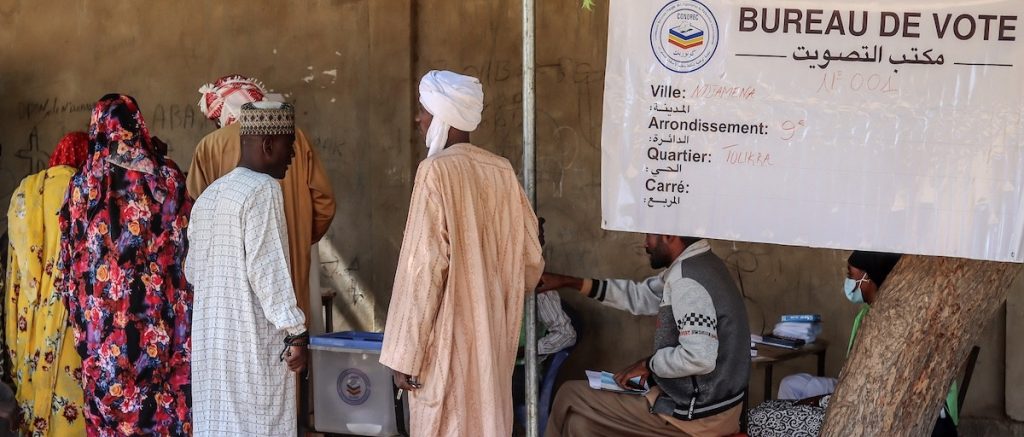Chad conducted its first Senate elections on Tuesday, marking the final phase of a political transition that began four years ago when Mahamat Idriss Deby assumed power following the death of his father.
Results are expected later in the day, with Deby—now 40 and recently promoted to field marshal—seeking to further consolidate his rule.
He secured a five-year presidential term in May 2023 in an election boycotted by the opposition and criticised by international organisations as neither free nor credible.
The indirect Senate election, held at the N’Djamena town hall, featured 124 candidates from 16 political parties. This follows legislative elections and a constitutional referendum, steps that have reshaped Chad’s political landscape.

The Senate was established in 2020 through a constitutional reform passed by the National Assembly, designed to represent Chad’s autonomous communities.
The provision was reaffirmed in a December 2023 referendum, where over 51% of the country’s eight million registered voters participated in legislative, provincial, and local elections.
In late January, the Constitutional Council confirmed the ruling Patriotic Salvation Movement (MPS) as the dominant force in the National Assembly, securing 124 out of 188 seats.
The main opposition party, the Transformers, dismissed the electoral process as a “resounding failure,” claiming widespread boycotts and predetermined results.
Chad, a landlocked nation in the Sahel, joined other African countries in distancing itself from former colonial power France.
The country recently expelled French troops and took over former French military bases.


